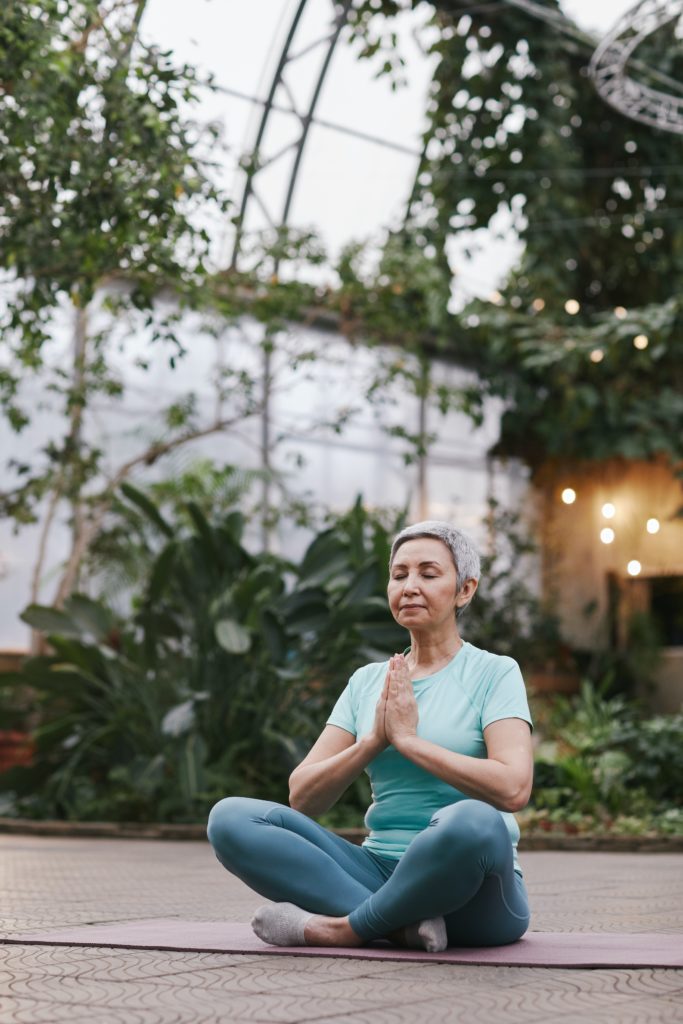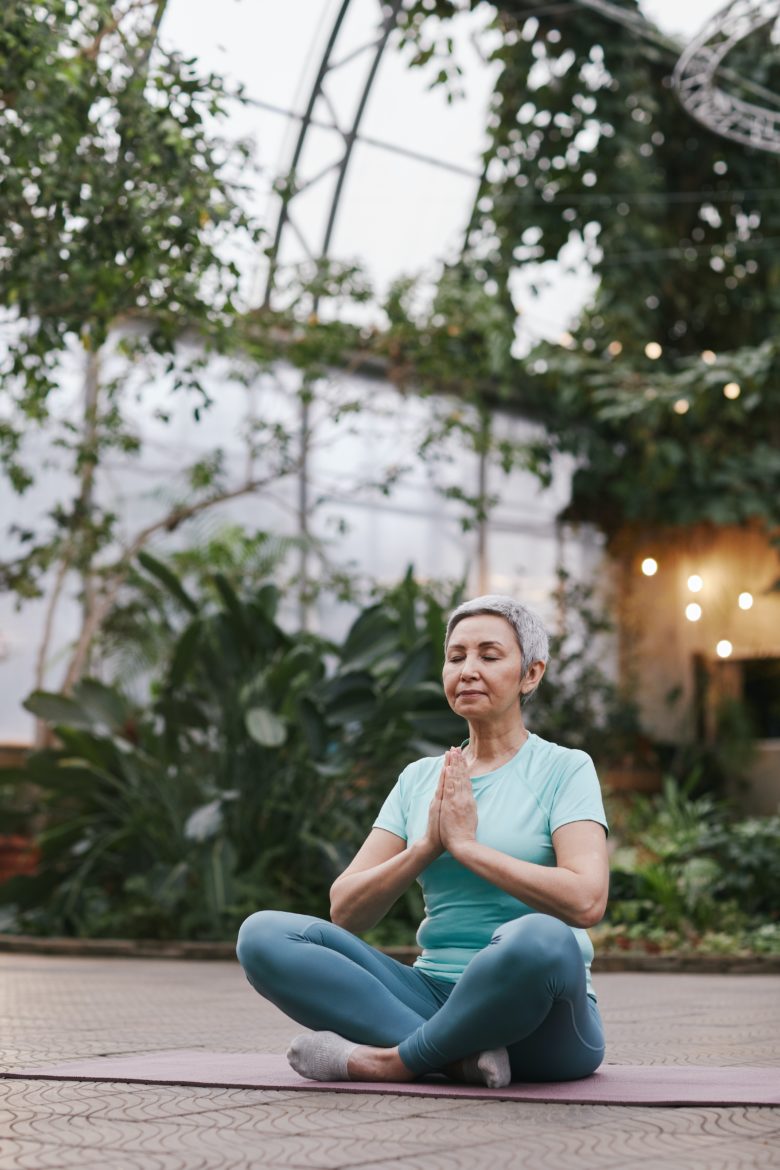
First off, it’s probably important to come clean and say there really is no secret sauce to longevity. But if the clickbait-y headline brought you here, that’s a good enough reason to finish reading this.
If you’re someone who is not as nihilistic as Nietzsche was, you probably want to live as long as possible. But what does that look like for all of us? Does it mean living a boring life for 120 years or a very interesting life for 70? Even if we did decide to do one of those, it’s probably important to address the fact that it might not really be in your control when and how we die, which is a pretty depressing thought in itself. “We play the cards we’re dealt,” said someone. Not all of us are dealt the same cards, but we do get to choose how we play them. We just give it our best shot and hope it’s a good bet.
True longevity cannot be measured by one single factor. So if you see anyone selling a certain dietary method or an exercise for “longevity,” they’re probably just trying to sell you something. I’ve seen so many 60-70 year-olds who are a lot more fit than I am right now in my 20s, and they never did a workout at the gym. This does not mean working out is the wrong thing to do; it just means it’s probably not the only thing that matters.
There is some research that says an amalgamation of a good cardiovascular system (Vo2 max), bone density, some degree of grip strength, muscle mass, and a couple of other random factors would mean you’ll probably live longer. What if we ticked all these boxes? Maybe that’s a good bet? What about more veggies vs. more meat? Dairy or no dairy? You’ll always find some research that says one is better than the other. How many times have we seen a 100-year-old on TV who smokes cigarettes every day of his life?
If you’re someone who has to commute between heavy traffic every day but can’t really ride very well, chances are you probably will die in a road accident than anything else. It wouldn’t matter if your Vo2 max was through the roof then because better decision-making skills on the road probably could have been a better parameter to check for you. But some could argue that it’s like comparing apples to oranges.
All things equal, what would matter? Here are some non-negotiables:
• Sleep
• Good nutrition
• General physical activity as opposed to a sedentary life
We’ve all heard this a million times already all over the internet anyway.
What about happiness and perceived satisfaction as a parameter?
It’s definitely important to have good cardiovascular health and a healthy body to make it far enough for it to matter. But to what extent? Even if you checked all the boxes for a “healthy life,” you probably won’t make it far if you’re stressed from your underpaying job or dedicate all your time to working out and eating clean that you don’t have a social life outside of it paired with a negative relationship with your body image.
SO WHERE DO WE START?
Setting goals that suit you is a great starting point. Is your goal to have abs year-round or to be able to have a lean enough physique to look good in clothes? Is it to pull a 700lbs deadlift or to be healthy enough to run around with your kids to play with them? What athletes at the top level do isn’t about health. It’s about wanting something so bad that they would go beyond the point of what’s healthy. You might not want that, and that’s okay. Set realistic expectations and crush those goals before you move on to the next one.
If you’re someone who has a family to take care of and a loving partner to spend time with, for example, it’s probably more important to prioritize that over having abs year-round because what good is a six-pack without people you love around you? This is what BALANCE and a SUSTAINABLE approach are all about. You could have both, but it comes at a cost. More times than not, the price to pay is usually time and effort. If you want to do something during your day, that time is going to have to come from somewhere else. Maybe a 4-day workout plan is going to take you farther than a 6-day one because it lets you live your life the way you want it. That way you have a higher chance of living longer because you stuck to your plan CONSISTENTLY over a period of time as opposed to trying and quitting for the 10th time in the past year because you thought doing 20 sets per muscle group was more effective than 12 but just couldn’t find the time to do it.
This way, even if you were to die tomorrow, you’ll know you spent your time today to the best of your ability. At the end of the day, it might not be about longevity at all. Maybe it’s good advice or just a 20-something-year-old puking his thoughts onto a blog, calling it life advice.




